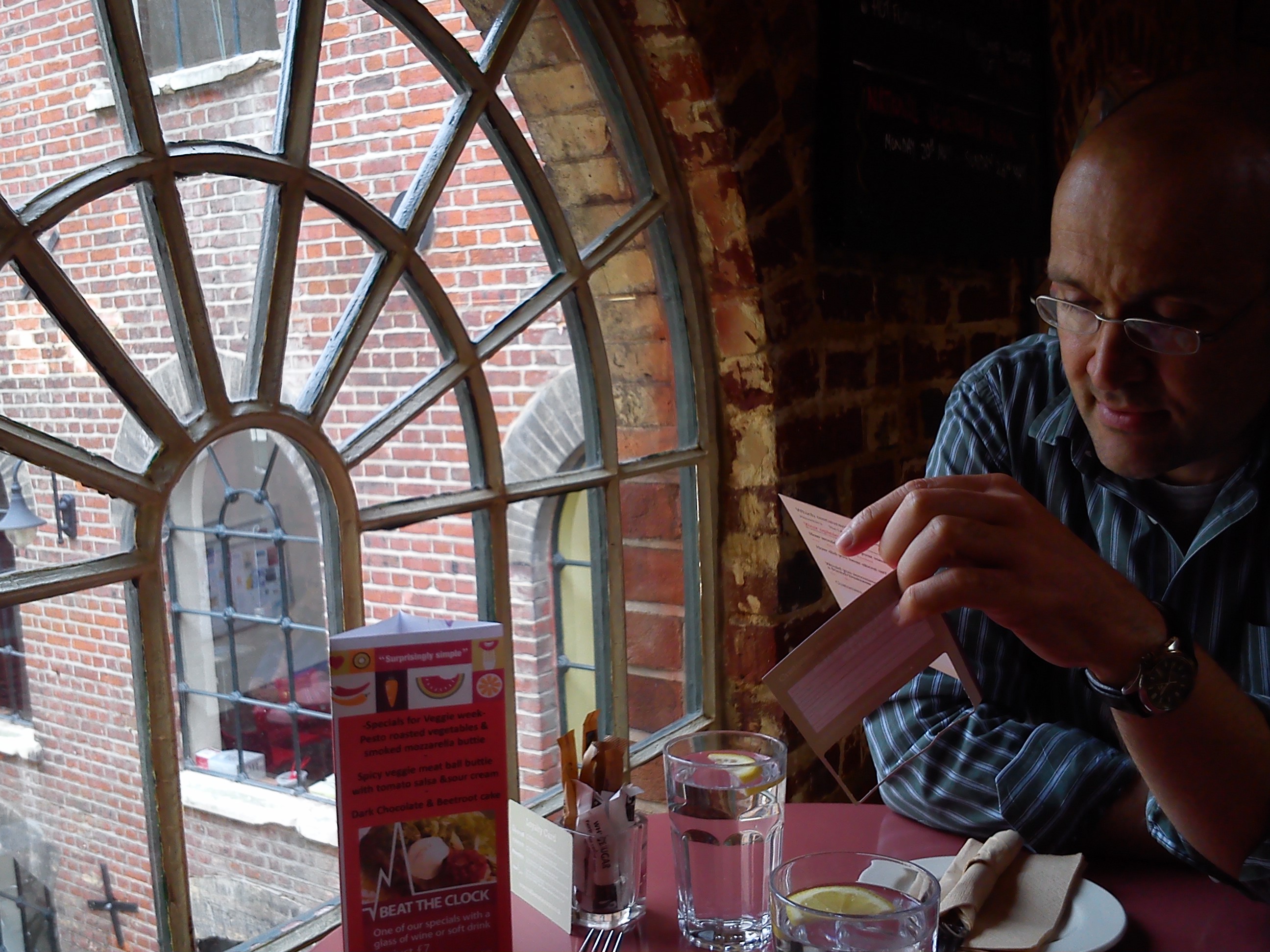Confession – Bible study for Sunday 14th October 2012
1. This is a very difficult, but crucial, question for each person in the group to consider: how much importance do you place on being able to understand the world around you?
What are your thoughts/reflections on this story?
While Augustine of Hippo (354-430AD) was writing his masterpiece, ‘De Trinitate’ (‘On the Trinity’), he spent most of his time meditating on the nature of God and trying to fully understand Him. One day, Augustine found himself on a beach, watching a small boy digging a hole in the sand with a shell. After a while, the boy stopped digging and began running back and forth to the sea, filling his shell with water and pouring it into the hole he’d dug. When Augustine asked the boy what he was doing, the boy replied, “I’m putting the sea into the hole I’ve dug.” Augustine initially thought the boy foolish and then realised that he was engaged in a similarly futile endeavour: trying to fully comprehend the infinite God with a tiny, finite mind.
Must we approach ‘understanding God’ very differently from ‘understanding the world’? Are we ever comfortable accepting mystery?
2. Read 2 Samuel 12:13-16 – this is one of the most difficult passages in the Bible. People often ask, “Why is David forgiven and an innocent child pays with his life?”
Is it reasonable, as was suggested on Sunday morning, to respond to this by saying, “I don’t get it, Lord, but I still have faith that You love us and You know best”?
Does David’s statement in 2 Samuel 12:23b, “I shall go to him, but he will not return to me” imply that the child is safe for eternity with God, in heaven?
3. In Psalm 51, we see how David’s faith in God leads him to a moving act of confession. Looking through this Psalm reveals a pattern of confessing that we can emulate. Give everyone in the group 10 minutes or so to read the Psalm and write down the key elements of David saying sorry.
Have a feedback session and, after everyone has pooled their thoughts, you might like to consider the following notes in addition to the discussion:
a. Vs. 1 – David turns to God, rather than away from Him, when he sins.
b.Vs. 2 + vs. 7 – David asks for cleansing. The New Testament implies that we should ask for cleansing from sin on a daily basis (Matthew 6:11-12; 1 John 1:8-10). In reality, how often do we ask for cleansing?
c. Vs. 3 – David is clearly bothered by his sin, it’s ‘ever before him’.
d. Vs. 4a – sin is against God only. God is the Holy One Who reveals to us what ‘sin’ is and Who is offended by it.
e. Vs. 5 – David sees sin as being a human problem ‘at heart’, but he does not use this as an excuse for wrongdoing. Consider Jeremiah 11:8 and Ezekiel 11:19, both passages focusing on humans being inherently damaged/sinful and in need of redemption.
f. Vs. 6 – David makes no excuses for himself. In fact, David emphasises that God has given him every advantage over other people by teaching him wisdom. In modern times, how great an advantage does Christ give us?
g. Vs. 10-12 – David’s longing for renewal focuses, once again, on the heart. Note that David doesn’t mention specifically that he has committed sexual sin and murder. Rather, David asks for God to, ‘restore the joy of his salvation’. Could it be the case that David realises he is going wrong because he is seeking joy in things other than God?
h. Vs. 13 – David asks forgiveness so that he can evangelize and teach transgressors God’s ways. We, too, are made pure with a purpose!
4. God is of infinite worth. In what ways can confession be considered as an act of ‘worth-ship’ (worship)?



